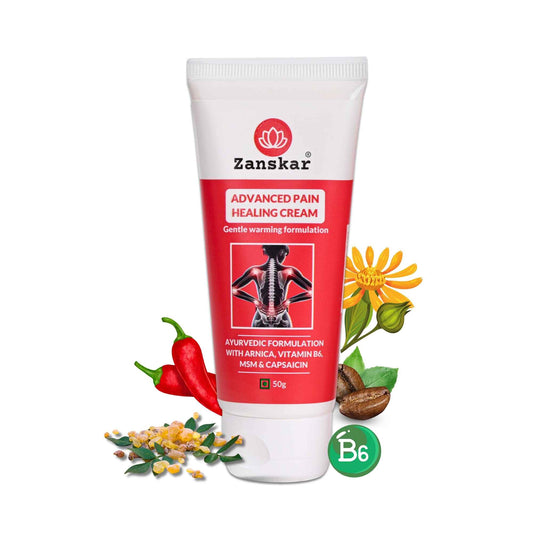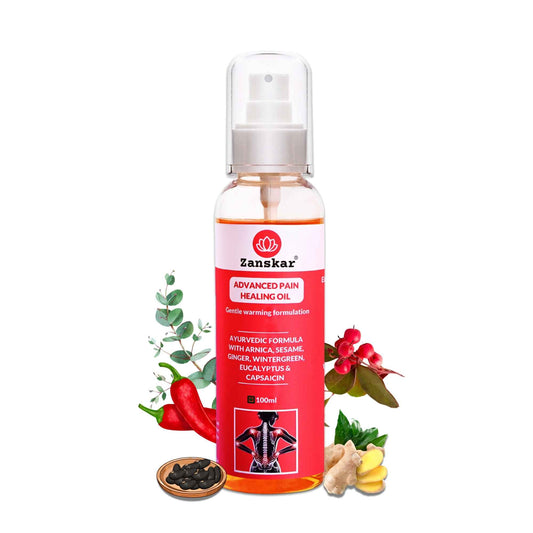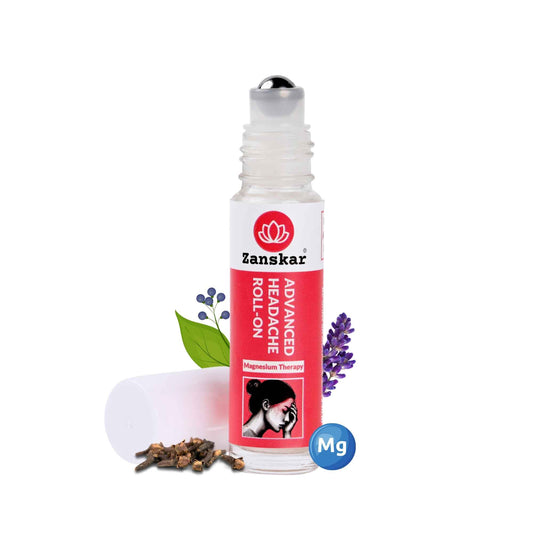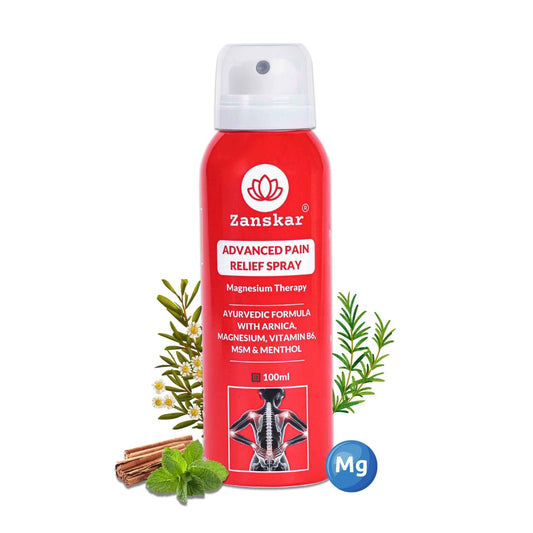
The Link Between Diabetes and Frozen Shoulder
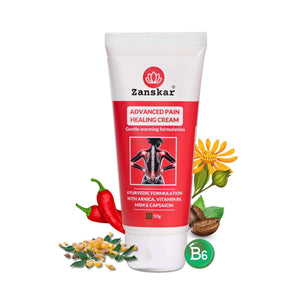
If you have stiffness and pain in your shoulder, you may be suffering from a condition known as frozen shoulder. Also known as adhesive capsulitis, frozen shoulder occurs when you have swollen, stiff connective tissue around the shoulder joint.
This inflammation can make it hard to do daily activities, and as the condition worsens, your pain and stiffness becomes even more debilitating.
What is frozen shoulder?
Frozen shoulder is a painful condition in which your shoulder loses some or all mobility. The condition usually occurs in three distinct stages:
1. Freezing stage: This occurs in the first six weeks. Your shoulder is painful to move and you lose much of your range of motion.
2. Frozen stage: This stage lasts 4 to 12 months during which pain may become more manageable, but your mobility decreases to a greater extent as stiffness worsens.
3. Thawing stage: Anytime after 6 months up to several years after the first onset of symptoms, you find that mobility improves and that you can resume many tasks.
Every patient has a unique experience with frozen shoulder. Early appropriate intervention can reduce the severity of your personal case.
Who can get frozen shoulder?
Most people who develop frozen shoulder are between 50 and 60 years old. Women are slightly more likely to have the condition than men.
Risk factors for frozen shoulder include:
- Diabetes
- Injury
- Thyroid problems
- Heart disease
- Other muscle and bone (musculoskeletal) problems
What does diabetes have to do with frozen shoulder?
If you have chronically high blood sugar levels, sugar molecules may attach to collagen. Collagen is a major protein that makes up the connective tissue that holds your joints together.
When the sugar attaches to the collagen, it gets sticky, so movement becomes restricted and your shoulder starts to stiffen.
When you try to work through the stickiness, it causes pain that progresses from mild to severe. In some cases, your shoulder becomes impossible to move.
How to prevent
Unfortunately, there is no way to guarantee that frozen shoulder will not occur. However, that the greatest protection is to keep your blood sugars as low as possible.
Beyond that, maintaining a regular stretching and physical exercise programme is critical to maintaining your shoulder’s range of motion.
Remember that while you can’t predict whether or not you’ll develop frozen shoulder, you can put yourself in the best possible situation.
FAQs:
1. Treatment for Frozen shoulder
• Most patients will, of course, choose non-operative therapies initially, such as physical therapy and non-steroidal anti-inflammatory drugs.
• Some people choose for steroid injections to relieve joint discomfort and enhance range of motion, but keep in mind that if you have diabetes, they might cause dangerously high blood sugars that can last up to a week, so talk to your doctor first.
• If symptoms do not improve, more extensive procedures such as open capsular release or arthroscopic surgery (together with physical therapy) may be considered.
2. How to deal with a frozen shoulder
While frozen shoulders are common among diabetics, there are some things you may do to avoid or treat them.
• Maintain as close to normal blood sugar levels as possible.
• Before you acquire frozen shoulder, exercise and stretch your shoulders on a regular basis.
• Anti-inflammatory medications can be used to relieve pain.
• Strengthen your shoulder and enhance range of motion with the help of a physical therapist.
• If nothing else works, surgery may be an option.
• Don’t wear a shoulder sling or cease using your arm entirely.
A frozen shoulder can be uncomfortable and restrict many of your everyday activities, but the good news is that with proper treatment, the disease usually resolves.
How Zanskar Health Can Help You
If you have joint or muscle pain that makes it hard to move, Zanskar offers the most advanced full stack pain relief solutions for you.
Now available to purchase, Zanskar® Advanced Pain Healing Cream has a unique formulation of natural ingredients like Arnica, Vitamin B6, MSM and Capsaicin, which is trusted by over 20L+ pain sufferers globally. It provides lasting relief from muscle and joint discomfort that you can feel good about. Get your fix before stocks run out - buy now.
You can also gain access to therapeutic exercises and stretches for your condition by downloading the Zanskar Health physiotherapy mobile app. Additionally, you’ll have a personal care team to guide, support, and tailor our program to you, including behavioral and nutritional coaching.
Download our mobile app here 👉 download and track your exercise streak.
Medical Review: This article is written by Dr Nishtha Mittal (Senior Health Content Editor at Zanskar Health) and has been medically reviewed by Dr Rashi Goel (Senior Physiotherapist at Zanskar Health). This article and its contents are provided for educational and informational purposes only and do not constitute medical advice or professional services specific to you or your medical condition.




